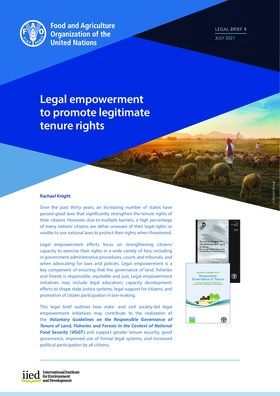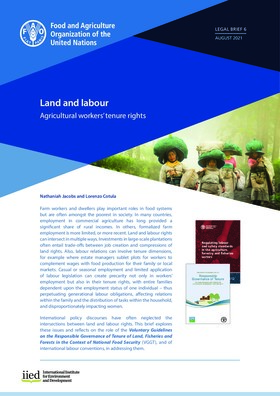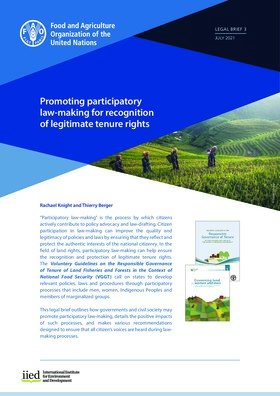Focal point
Location
Mission
Our mission is to build a fairer, more sustainable world, using evidence, action and influence in partnership with others.
Who we are
IIED is one of the world’s most influential international development and environment policy research organisations. Founded in 1971 by economist Barbara Ward, who forged the concept and cause of sustainable development, we work with partners on five continents. We build bridges between policy and practice, rich and poor communities, the government and private sector, and across diverse interest groups. We contribute to many international policy processes and frameworks, including the Intergovernmental Panel on Climate Change, the Millennium Ecosystem Assessment and the UN conventions on climate change and biological diversity.
What we do
IIED carries out research, advice and advocacy work. We carry out action research — generating robust evidence and know-how that is informed by a practical perspective acquired through hands-on research with grassroots partners — and we publish in journals and maintain high research standards. We advise government, business and development agencies, and we argue for changes in public policy. We focus on bottom-up solutions, stay open to flexible, adaptable solutions and are marked by a tradition of challenging conventional wisdom through original thinking.
Resources
Displaying 16 - 20 of 367Legal empowerment to promote legitimate tenure rights
Over the past 30 years, an increasing number of states have passed good laws that significantly strengthen the tenure rights of their citizens. However, due to multiple barriers, a high percentage of many nations’ citizens are either unaware of their legal rights or unable to use national laws to protect their rights when threatened.
Protecting legitimate tenure rights: From concepts to practice
Zambia’s chiefs champion gender equality in land and natural resource governance
With the pandemic striking higher in Uganda;poor families continue to be forced off their land by their government and investors despite several directives halting evictions during the COVID period. Cites a number of examples. In the latest looming evictions;the Uganda government is evicting more than 35,000 artisanal miners in the Kisita mines in Kassanda district.
Land and labour
Land and labour rights can intersect in multiple ways. Investments in large-scale plantations often entail trade-offs between job creation and compressions of land rights. Also, labour relations can involve tenure dimensions, for example where estate managers sublet plots for workers to complement wages with food production for their family or local markets.
Promoting participatory law-making for recognition of legitimate tenure rights
"Participatory law-making” is the process by which citizens actively contribute to policy advocacy and law-drafting. Citizen participation in law-making can improve the quality and legitimacy of policies and laws by ensuring that they reflect and protect the authentic interests of the national citizenry. In the field of land rights, participatory law-making can help ensure the recognition and protection of legitimate tenure rights.








